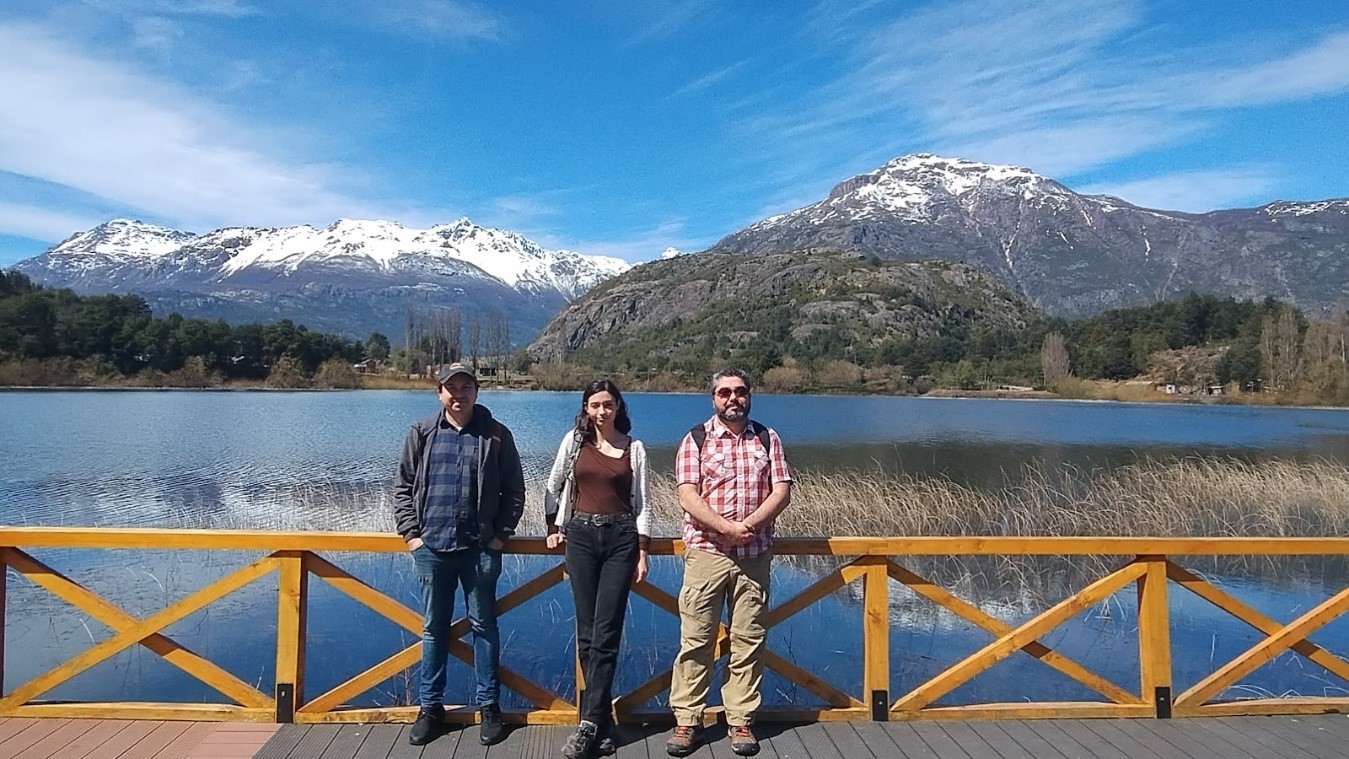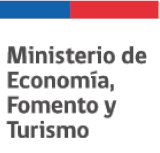
Between October 7 and 11, the XVII Congress of the Chilean Limnology Society “Connecting Science and Society” was held in the city of Futaleufú, Palena Province, Los Lagos Region. On this occasion, the congress was organized by the Municipality of Futaleufú, the Austral University, the University of Los Lagos, the CIEP and the Fisheries Development Institute. The event brought together researchers in the limnological sciences (science focused on continental waters) from Chile and Argentina where topics related to ecological, hydrological, conservation, biosecurity and the relationship between aquatic systems and communities present in watersheds were addressed. The Fisheries Development Institute had an outstanding participation in the 2024 version of this congress, in which results were shown from the two monitoring programs that, through funding provided by the Undersecretariat of Fisheries and Aquaculture, generate relevant information for decision-making in freshwater ecosystems where aquaculture activities exist.
In the work presented by researcher Rodrigo Vera Sepúlveda, results related to the trophy of lakes with aquaculture in southern Chile, which are the world’s freshwater reserve, were included. Lakes such as Puyehue, Yelcho and Riesco show an upward trend in the concentration of nutrients in the water column over the last 11 years. Indices such as the TLI (trophic index for New Zealand lakes) show this same trend. Using Machine Learning (Random Forest) and using the TLI as a reference, a New Trophic Index for Lakes of Chile (ITLC) is created based only on total nitrogen, Chlorophyll-a and water transparency and that can serve as a traffic light for decision making.
The participation of the researcher Rodrigo Jaramillo Teufert in the study on the invasive algae Didymosphenia geminata (commonly known as Didymo) in southern Chile, provided results on the invasion potential of this species. Using data from the monitoring program and models that evaluate possible changes in the distribution of Didymo, the study projects an increase in the distribution range by 2040, due to climate change, dispersing 250 km to the north of the Maule River basin reaching the mountain rivers of the Maipo basin. This work underlines the need for biosecurity measures as crucial tools to prevent the expansion of the pest, given the known negative effects on the ecosystems on which various communities depend.
Researcher Paula Ramírez Moenne-Loccoz also presented some of the results obtained within the objectives addressed in the Didymosphenia geminata monitoring, prospecting and research program. In this work, the adherence of Didymo to different recreational fishing waders was evaluated, comparing fabrics, depths within the water column and parts of the wader. The experiments carried out in different rivers in Patagonia indicate that fishing waders made of neoprene retain a greater quantity of Didymo cells and the part of the wader that captures the greatest number of cells is the sole, as it is in direct contact with the Didymo blooms. These findings are relevant for the development of control strategies in the dispersion of this pest species.
Researcher Alejandra Oyanedel Pérez participated in the symposium “River awareness: territorial initiatives and governance for the protection of rivers and other wetlands” where she referred to the main results obtained in the 8 years of monitoring of the pest species Didymosphenia geminata carried out by IFOP, highlighting the prevalence of blooms and the loss of biodiversity of benthic organisms in rivers of Patagonia, the negative social assessment of the pest in communities surrounding the Puelo River and incipient results on the economic valuation of the effects of Didymo and potential contributions to local governance processes. Additionally, Alejandra Oyanedel was elected secretary of the Chilean Society of Limnology for the period 2024-2026, forming the new board of directors together with researchers from the Universidad Austral.
Press related links:




